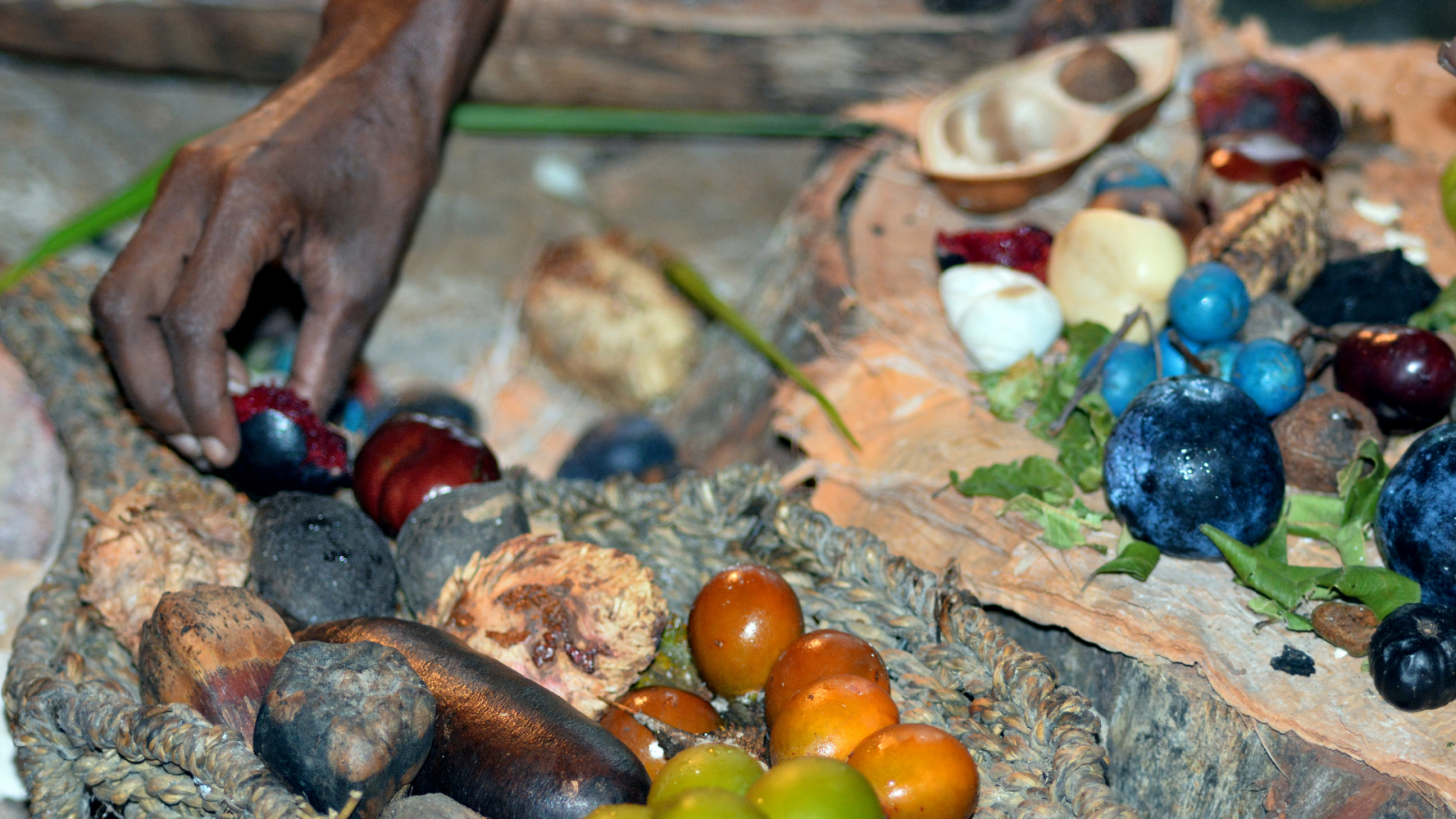Aboriginal and Torres Strait Islander peoples represent the world’s oldest continuous culture, rich in diversity, language and cultural practices. Yet Aboriginal peoples continue to experience immense health inequalities and a life expectancy of almost 10 years lower compared with non-Indigenous Australians.
Improving nutrition and food security – along with community support, physical activity and mental health services – is essential for addressing these health disparities and ‘Closing The Gap.’ Food and lifestyle make up significant risk factors for chronic diseases which are the greatest health burden among Aboriginal peoples, such as Type 2 Diabetes, cardiovascular disease and hypertension. However, recent reports point to a need for greater nutrition and food support for Aboriginal communities.
Nutrition education and food insecurity programs (including enhancing supply and access to healthy food options) need to be carefully considered and integrated within the traditional food system of the Aboriginal community. Traditional food systems are an integral aspect of Aboriginal heritage which have rich and enduring connections with each of these facets of life. Food is much more than nutrients – it is a vital pathway to care for and connect with Country, and is integral to many diverse cultural practices, kin relationships, social engagements and passing down of knowledge. Intricate, sophisticated, ecologically and culturally beneficial – this knowledge should be at the centre of programs aiming to improve nutrition and food security, and therefore ‘Closing The Gap.’
While conventional nutrition programs look at behaviour change approaches on the individual level, Closing The Gap initiatives for nutrition and food security need to consider factors which continue to affect Aboriginal people’s relationship with food – such as intergenerational trauma, and traumatic food rationing.
A possible pathway could be through emphasising the inclusion of native foods in today’s diets – an approach which recent research has shown to have promise in improving nutrition and lifestyle for Aboriginal peoples.
Nutrition Australia NSW is actively listening, reflecting and seeking ways to ‘Close The Gap’ through approaches which integrate traditional food systems and native foods.
“I have been in conversation with many Aboriginal leaders including Mr Warren Mundine AO and The Hon Ken Wyatt AM, MP (Minister for Indigenous Australians) to forge our commitment to establish actions in the food industry and health sector that will create lasting change for Aboriginal communities. As I reflect upon this important date and what it means to the First Nation people, I also wonder about our own organisation and people we work with. It is my belief that no matter what, it is common decency to be respectful to all, “treating people with respect is a basic human right.” Respect for culture and tradition is such a big part of food – and that’s why Closing The Gap is so important to us.”
– Nutrition Australia NSW President Barbara Ward

National Close the Gap day takes place on the third Thursday of March each year. However, throughout the year all Australians need to be committed to reducing the health, economic, educational and social inequalities facing Aboriginal and Torres Strait Islander populations. It is our responsibility to work side by side with communities to improve the health and wellbeing of every member – and it is our hope that this year will be one of reflection, listening, conversation, and action. Find out more about the Health Gap here: https://humanrights.gov.au/our-work/aboriginal-and-torres-strait-islander-social-justice/projects/close-gap-indigenous-health




